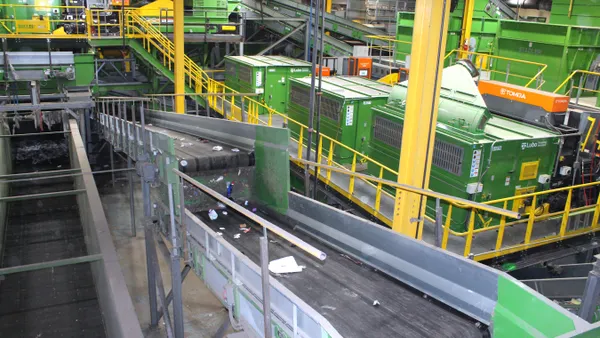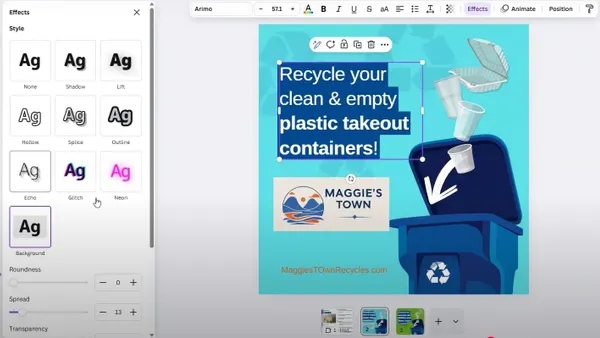Dive Brief:
- 43 California communities will collectively receive a total of $5,282,291 in grant funding from CalRecycle for road improvements made with pavement from crumb rubber in recycled tires, which lasts longer, is safer, and is more economical, as reported in Recycling Today.
- CalRecycle's Rubberized Pavement Grant Program awards up to $250,000 for single applicants. Multiple jurisdictions and joint-power authorities can file regional applications for up to $400,000.
- Grants are funded through a $1.75 fee on new tire sales, with $1 directed to CalRecycle's Tire Recycling Management Fund and the remainder received by California’s Air Resources Board.
Dive Insight:
The grant program addresses two very costly issues in California: the need to deal with bad roads, and a waste management dilemma posed by the accumulation of about 44 million old tires a year—all while turning a burden into a way to save money and improve infrastructure.
"As more communities realize the benefits of this environmentally sustainable option for road resurfacing and repair, California will be able to close the loop within our state and turn millions of additional waste tires into a resource that keeps our people safe, reduces costs, and protects our environment for future generations," said CalRecycle Director Scott Smithline in a statement.
The tire recycling program and grants have diverted 38 million tires from landfills, using them not only for road surfaces, but also for civil engineering projects.
What was once garbage—sometimes illegally dumped, and hard-to-handle garbage at that—is transformed to rubberized pavement that lasts longer and is laid at half the thickness of conventional asphalt, requiring less mining, drilling, and energy to make. While it is thinner, it lasts longer than traditional pavement and requires less maintenance because it is more crack resistant.
CalRecycle has been very busy in other areas this year, working to drum up support for more plastics recovery; cracking down on recycling fraud; and addressing issues tied to closure of hundreds of redemption centers.









